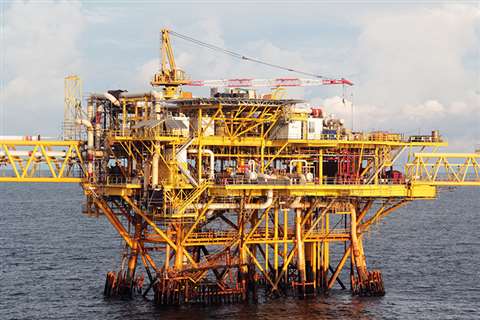'Smoke alarm for the sea'
02 May 2019
Scotland’s Heriot-Watt University, environmental monitoring specialist Sentinel Subsea and the Oil & Gas Innovation Centre (OGIC) are developing an early warning system that detects oil leaks from suspended and decommissioned oil and gas wells.

Dubbed the ”smoke alarm for the sea”, the project would allow suspended or decommissioned wells in the North Sea to be monitored for leaks in the long term.
According to the university there are over 13,000 oil and gas wells in North Sea and more than 2,000 of them are expected to be decommissioned in the next 10 years.
Ian Philips, chief executive of OGIC, said: “During 2017, for the first time, the number of wells being decommissioned was higher than the number of new wells being drilled. Total decommissioning expenditure in the next 10 years expected to reach £15.3 billion (US$20 billion) on the United Kingdom’s continental shelf alone.”
The joint project has developed a new technique that uses an environmentally benign tracer compound. When leaked from a well, the compound will trigger the release of beacon that alerts a base station via satellite and calls for an investigation of the specific well.
Neil Gordon, Sentinel Subsea CEO, said: “Our technology provides that environmental assurance while providing the confidence for industry to adopt innovative decommissioning techniques that could make a huge contribution to that cost-saving objective.
“Furthermore, the early-detection offered by our technology also has the potential to significantly lower clear-up costs.”
Heriot-Watt said there is currently no obligation for abandoned wells to be inspected, and while inspections of suspended wells are required, these are not continuous or frequent. The university added that the oil and gas industry lacks a standard approach for this stage of a well’s lifecycle, and that it is a problem is of huge environmental importance.
The university said it expected widespread production of the environmentally friendly early warning system to begin later this year.




